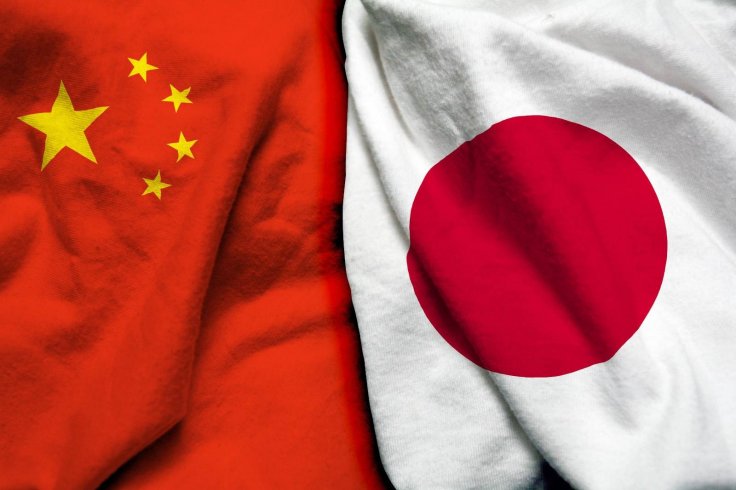
The ongoing discussion surrounding Japan's discharge of treated water from the Fukushima Daiichi Nuclear Power Plant into the Pacific Ocean has garnered international attention, with China being one of the most vocal critics of Japan's approach. However, recent developments, including the positive outcome of the International Atomic Energy Agency (IAEA) Task Force review and diplomatic discussions between Japan and China, raise a potential shift in China's stance on the issue.
The IAEA Task Force, comprising experts from 11 countries including China, conducted a thorough review of Japan's plans for the treated water discharge in October 2023. Their comprehensive report, released on January 30, 2024, reaffirmed Japan's adherence to international safety standards and concluded that the discharge poses negligible radiological risks to both humans and the environment. This review provided further confidence in the safety and efficacy of Japan's ALPS disposal process.
Despite the positive outcome of the IAEA review, China has been persistent in its opposition to Japan's discharge efforts, using diplomatic, economic, and PR measures in an attempt to deter Japan from its treated water release program. China's Foreign Ministry spokesperson Mao Ning has made regular public statements criticizing the process, citing alleged environmental risks as justification for China's opposition to the release. Additionally, China has attempted more coercive economic measures, such as the imposition of a ban on all Japanese seafood imports in August 2023. In the last month, the Chinese embassy in Tokyo has criticized Japan for allegedly disregarding concerns from its population and the international community, emphasizing the need for a responsible and constructive approach.
Nonetheless, ongoing diplomatic efforts between Japan and China suggest a potential shift in dynamics. In January 2024, nuclear experts from both countries engaged in discussions under a "new framework" established, based on the agreement reached at the Japan-China summit in November 2023. The talks, held online, involved officials specializing in treated water from nuclear power plants. While the content of these discussions was not disclosed to the public, the fact that they occurred signals a willingness from both sides to engage in dialogue.
The Japan-China summit in November laid the groundwork for future discussions, with Japan Prime Minister Fumio Kishida demanding the immediate removal of China's import restrictions on Japanese marine products. Despite initial tensions, the leaders agreed to seek a solution through consultation and dialogue, with Kishida emphasizing the importance of expert-level scientific discussions.
While China has yet to show signs of lifting its import ban on Japanese seafood, the January discussions represent a step forward in addressing the Fukushima water release issue. The continued administrative-level communication between the two governments underscores the importance of ongoing dialogue in finding a resolution, and suggests that there is such an intention, despite rhetoric to the contrary.
Collaborative efforts between Japan and China, coupled with international validation of Japan's safety measures by the IAEA, including Chinese experts, suggest a potential path towards greater understanding and cooperation on this complex issue. Whether these diplomatic efforts will lead to a tangible shift in China's stance regarding Japan's treated water discharge remains to be seen, but the groundwork for constructive dialogue has been laid.
Disclaimer: IBT does not endorse the above content.








